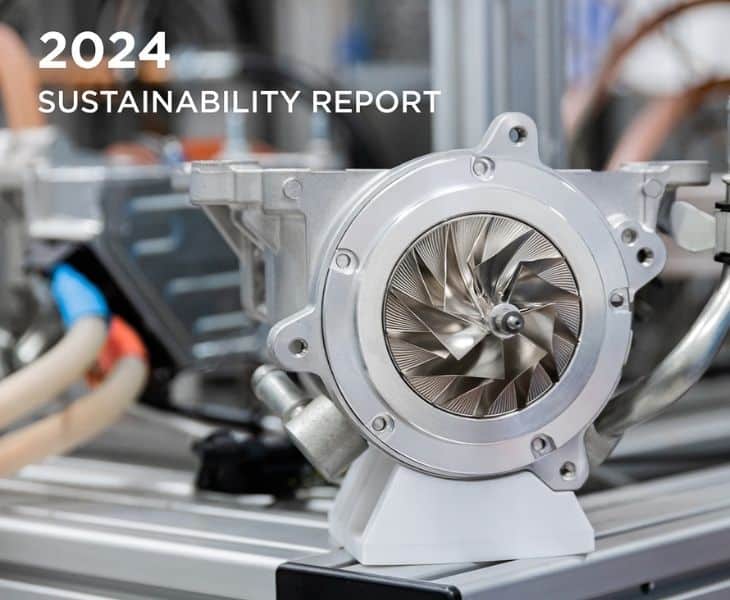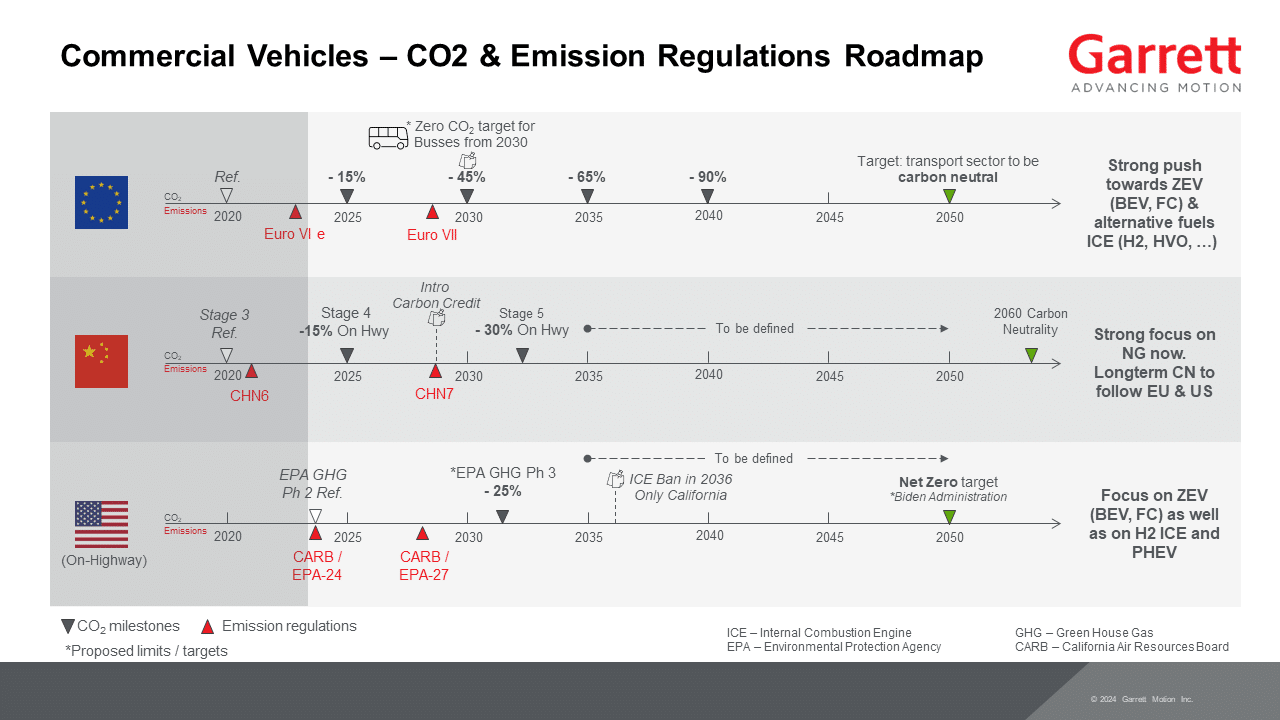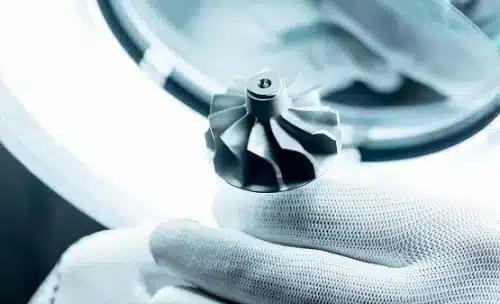The Road to a Greener Future: A Look at the Commercial Vehicle CO2 Roadmap
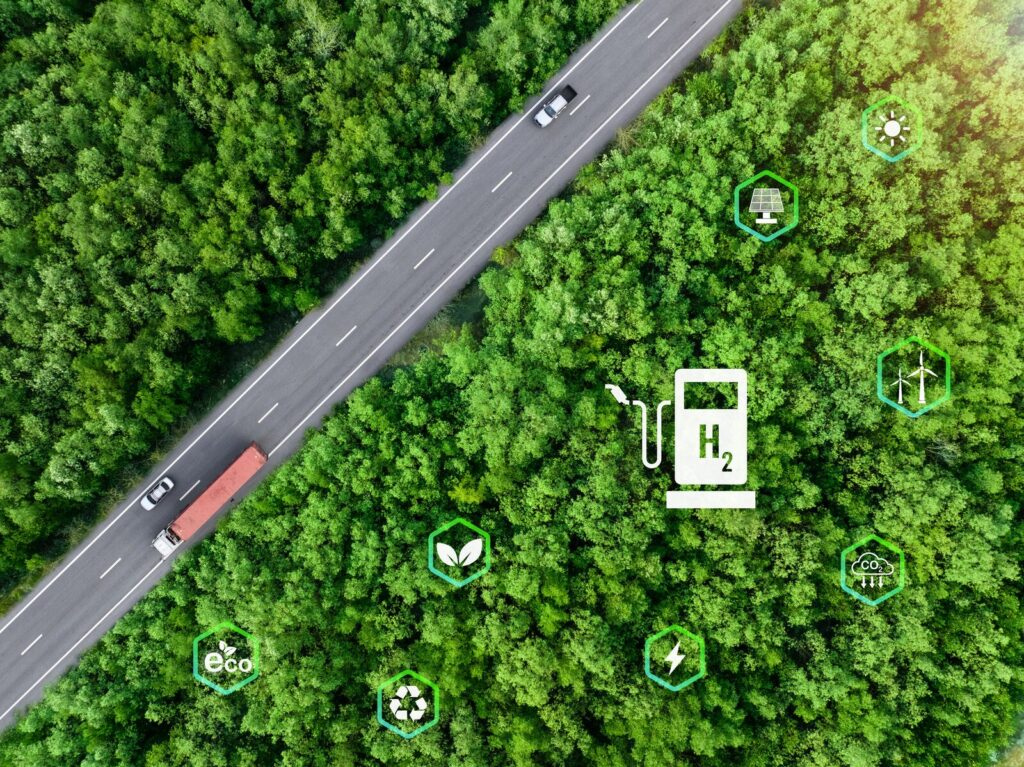
The global commitment to reducing CO₂ emissions from commercial vehicles is a testament to the collective resolve to address climate change. The CO₂ roadmap serves as a strategic plan, guiding the transition towards more sustainable practices. Moreover, the shift to zero-emission vehicles is gaining momentum, driven by regulatory changes, technological advancements, and a growing awareness of the need for environmental stewardship.
This movement is not just about meeting targets but also about innovating for a cleaner future in which the commercial transportation sector aligns with the needs of our planet. The journey is complex and challenging, yet the roadmap provides a clear path forward, marking milestones that promise a greener, more sustainable world for generations to come.
Understanding the CO₂ Roadmap
The commercial vehicle CO₂ roadmap is a strategic plan that details the milestones set by various countries and regions, including the European Union, China and the United States, to reduce CO₂ emissions from commercial vehicles. This roadmap serves as a pathway for manufacturers, policymakers, and stakeholders in the transportation sector, providing clear targets and timelines for carbon reduction.
Europe’s Ambitious Goals
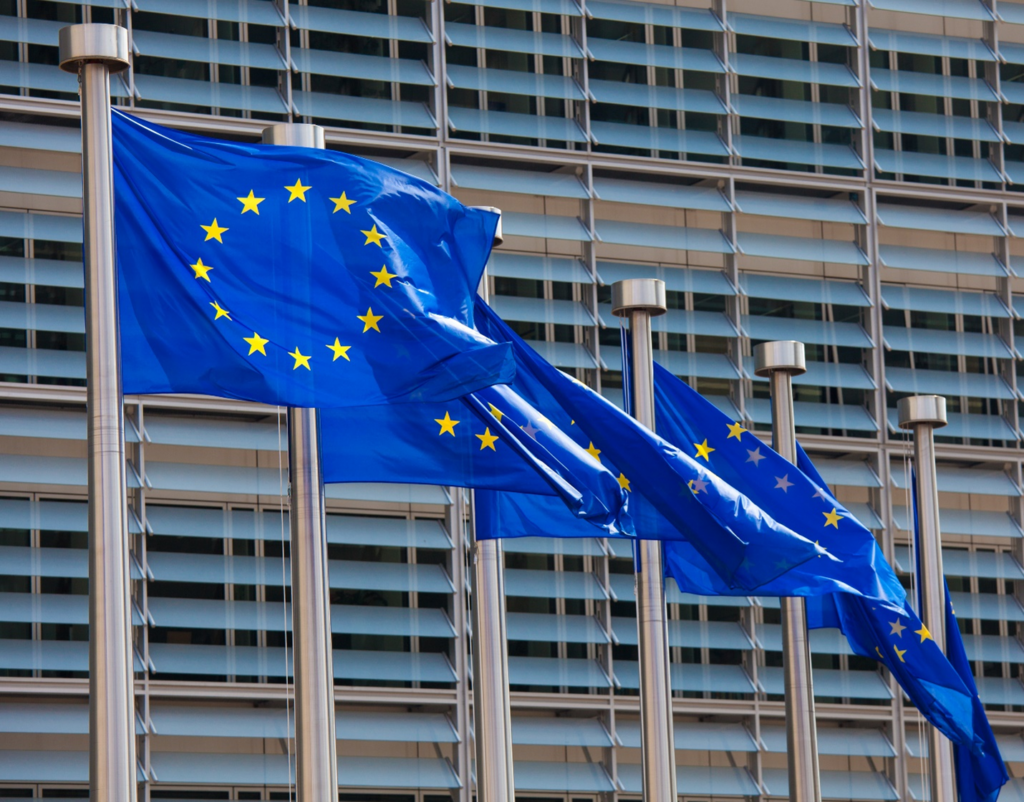
Europe has been at the forefront of environmental regulations, setting ambitious goals to combat climate change. The European Union has proposed new CO₂ standards for heavy-duty vehicles (HDV), aiming to decrease CO₂ emissions by 90% by 2040. This target is achievable by a strong push towards Zero Emission Vehicles (ZEV) and by the introduction of zero carbon fuels such as Hydrogen for Internal Combustion Engines. This bold initiative reflects Europe’s commitment to achieving a carbon-neutral economy and its leadership role in global climate action.
Efforts by Other Countries
Other countries are also stepping up their efforts to reduce CO₂ emissions from commercial vehicles. China, the world’s largest emitter of greenhouse gases, has implemented stringent emission standards for commercial vehicles and is investing heavily in electric vehicle technology. The United States, has re-joined the Paris Agreement and is revising its environmental policies, including those related to vehicle emissions. India, despite its developmental challenges, is making strides in promoting cleaner fuels and more efficient vehicles.
Challenges and Opportunities
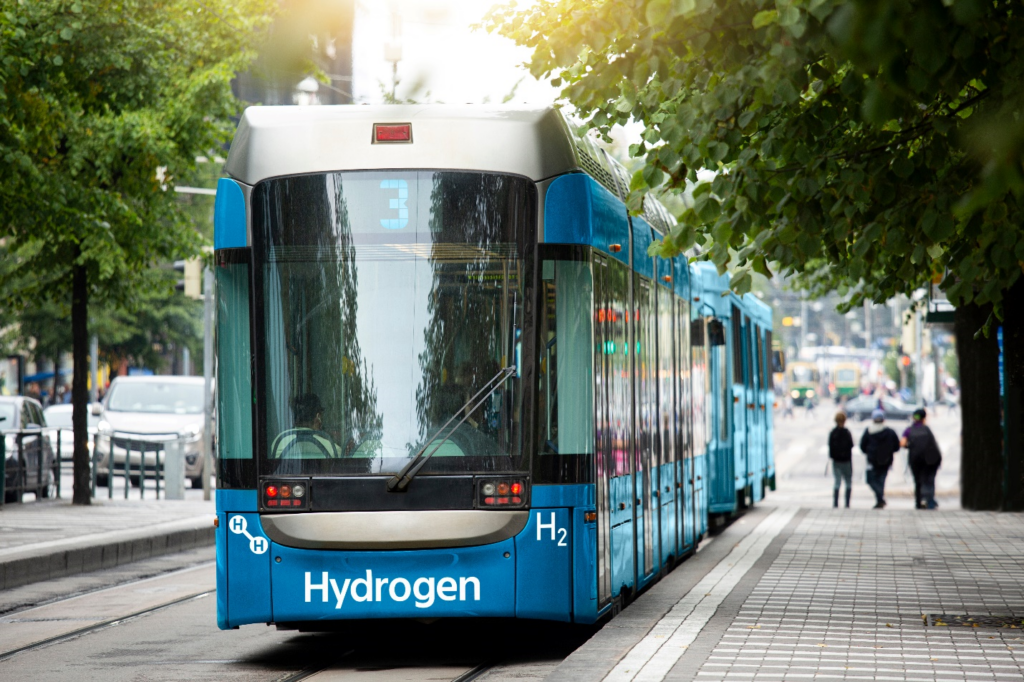
Implementing these CO₂ reduction measures is not without challenges. Technological limitations, economic considerations, and infrastructure constraints are some of the hurdles that need to be overcome. However, these challenges also present opportunities for innovation in the commercial vehicle industry. Advances in engine design, powertrain electrification, fuel cell technology, and vehicle aerodynamics can lead to significant reductions in CO₂ emissions. The shift towards hybridization and hydrogen-powered vehicles opens new avenues for research and development.
In the endeavor to lower CO₂ emissions from commercial vehicles, integrating differentiated technologies like Garrett Motion’s Hydrogen Fuel Cell Compressor, E-Powertrain and E-Cooling Compressor for electrified vehicles contributes significantly to achieving OEMs’ CO₂ emission goals. In addition, there is growing interest in Garrett technology supporting H2ICE, or Hydrogen Internal Combustion Engines, which operate much like traditional gasoline or diesel engines but utilize hydrogen gas as fuel, emitting only water vapor and heat while offering fast refueling times.
This multi-faceted approach to commercial vehicle powertrains is not only crucial for environmental progress, but it also serves as a cornerstone for building a sustainable and resilient economy.
The CO₂ roadmap, delineating targets and timelines, stands as a pivotal guide in steering this transition. It reflects the collective determination of the global community to address climate change and ensure the well-being of future generations by safeguarding our planet.
